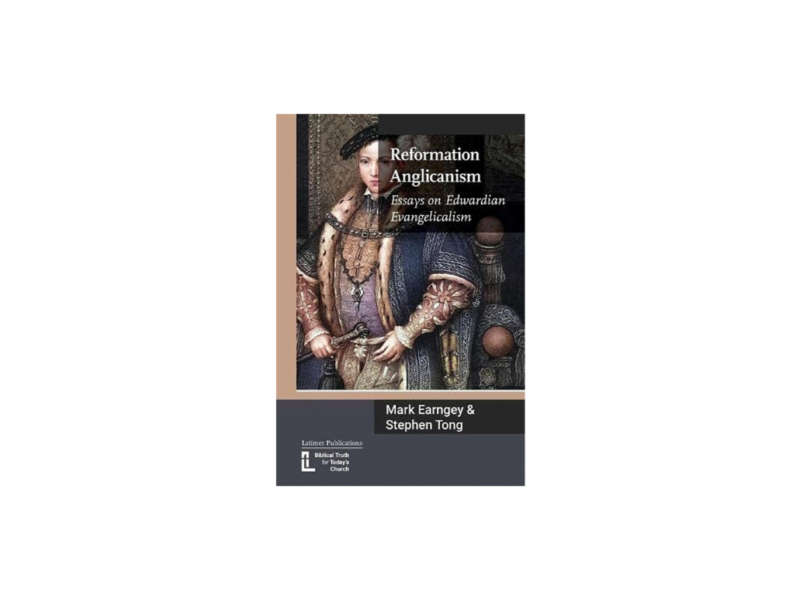Book Review: “Reformation Anglicanism: Essays on Edwardian Evangelicalism”
Reformation Anglicanism: Essays on Edwardian Evangelicalism. Edited by Mark Earngey and Stephen Tong. London, UK: The Latimer Trust, 2023. 260 pp. $11.50 (paper). In some ways, and for some people, the Edwardian period of the English Reformation is fertile ground for speculations about what could have been. Edward VI died in 1553 at the young…





